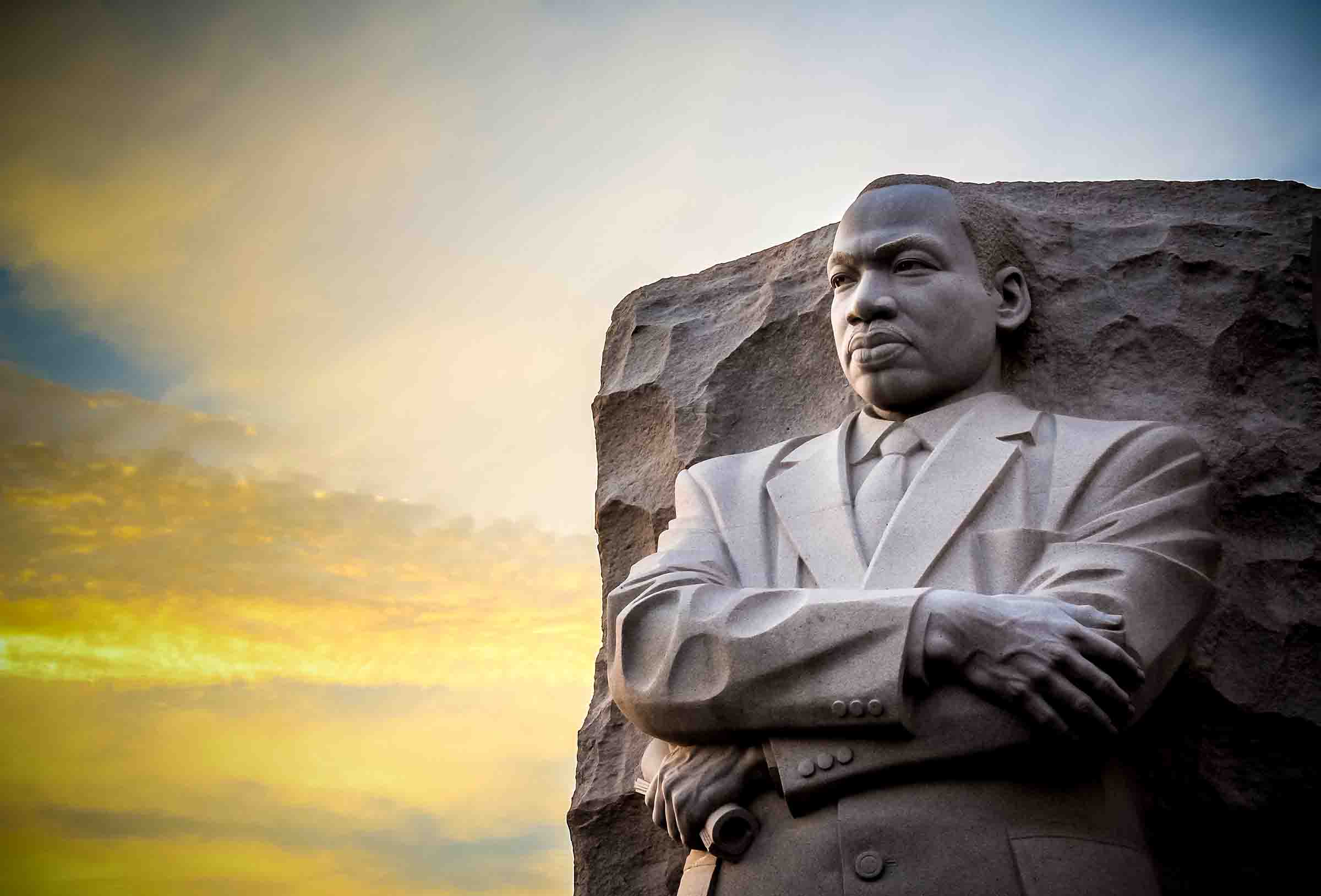
MLK and His Legacy: Lessons for Marketers and Market Researchers
Jorge Martínez-Bonilla
Senior Vice President, CultureBeat
Over the past five to ten years, the interest in multiculturalism and multicultural marketing has been a driving force for many brands, and the consumer research community has marched in lockstep – if not ahead of the curve – to bring to life a much needed cultural perspective to research.
CultureBeat, C+R’s multicultural division, was born from decades of immersing ourselves in the path of multiculturalism. Understanding the multicultural segment wasn’t a fad for us; we started a long time ago and will continue for many years to come because we recognize that this isn’t a trend but a reality. Multicultural isn’t an ephemeral fancy term but the course that has led our society for centuries and the driving force that shapes our social fabric in the U.S.
On Martin Luther King Jr. Day, we honor the memory of Martin Luther King Jr., but multicultural researchers and marketers will do well to remember the themes which resulted from his legacy year-round, particularly as we step into a new phase of American reality and social dynamics. These are some of the practical lessons we should all remember from his life efforts:
The name of the game should be diversity and inclusivity, not segregation.
Dr. King’s efforts were always about inclusion. Yes, the social realities and juncture of his times made the black community the focus of many of his allegories, but his main goal was to change the thinking among everyone so that rights were equal for everyone, and not at the expense of others. After all, the right to vote to ensure representation is not unlike what researchers do when we ask the opinion of consumers.
In the name of efficiencies – or simply by accident-, many brands haphazardly focus their marketing efforts and research initiatives on “the majority,” or fail to include the valuable vantage point of the many actors of the marketplace (often singling out one minority for the wrong reasons, or clumping all of them into a group as if there were no differentiators among them). As researchers, we should always keep in mind that the marketplace -like our society- is not monolithic, and that the many views and diverse opinions that move our economy should always be a focus because of the richness its variety offers.
Make all voices heard.
In his life, Dr. King was the voice of those without a voice. We do not intend to go over the many instances in which his messages and speeches collected the sentiments of many people who were likely to not reach others in an impactful fashion by their own means.
As marketers, we have the ability better yet, the responsibility to make sure that our brand and organizations are relevant; and to do so often means becoming the vehicle that gives a voice to consumers.
Endurance and staying steadfast in your beliefs is key.
There were countless times that Dr. King and his peer activists were faced with unsurmountable challenges and demoralizing bumps along the road. They didn’t give up.
Although not as profound as Dr. King’s roadblocks, multicultural researchers and marketers are often faced with challenges that contest the embedment of multicultural insights and multiculturalism at large in our organizations. Like dripping water that hollows out the stone, multicultural researchers and marketers are called to be a force within our own circles of influence to ensure that brands and companies stay relevant and, most importantly, make a long-lasting connection that matters to consumers of all colors, faiths, beliefs, ages and cultures.
Culture and tradition matter and are relevant today, as is History.
Nowadays like in the past, many voices are not always being heard and views not being accepted. Abundantly we have heard, particularly from youth of black/African American, Hispanic or Asian American origin, that their opinions, desires and dreams are not understood by brands. And no matter what the topic at hand is, current social dynamics are always brought forth by research participants. Whether it is social violence, discrimination, deportation or ‘positive’ stereotyping; consumers want their cultures understood, respected and valued.
Failing to consider culture and tradition when we build marketing strategies and research initiatives will more often than not lead to a missed opportunity with multicultural consumers. And just like failing to understand history can lead to repeating mistakes, by omitting to the relevance of culture, marketers are likely bound to stumble along the way to success.
As we celebrate Dr. Martin Luther King’s legacy and his tremendous impact on all our lives, let us remember that as researchers we have a responsibility to represent all consumers in our research and to be inclusive of the interesting, exciting, and important differences we all offer to our communities and society in general.
explore featured
Case studies

